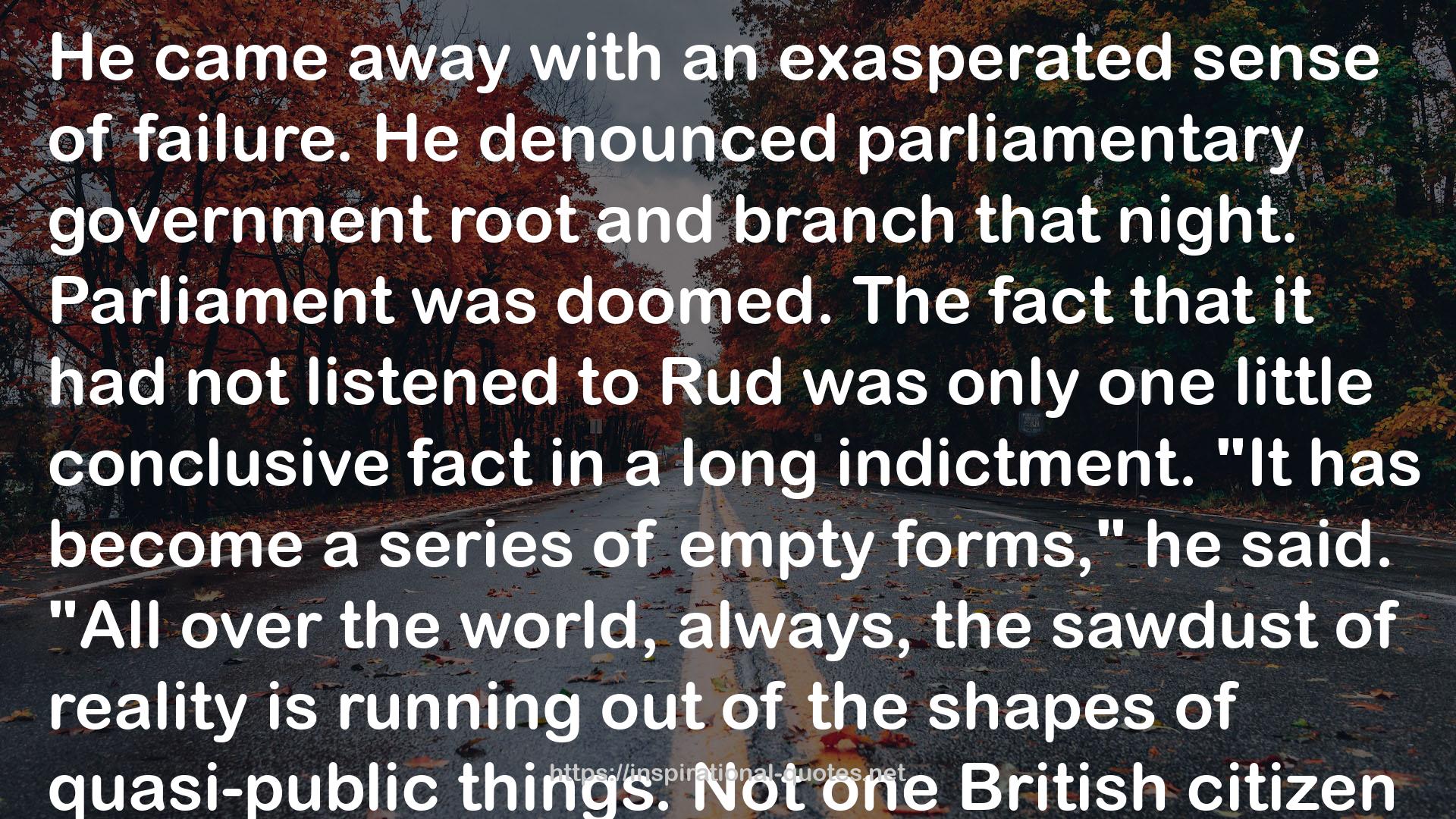The Holy Terror QUOTES
SOME WORKS
- Power Animals: How to Connect with Your Animal Spirit Guide
- Adult Children of Abusive Parents: A Healing Program for Those Who Have Been Physically, Sexually, or Emotionally Abused
- The Time of Your Life
- Madness in the Family: Stories
- The Human Comedy
- Not Dying: An Autobiographical Interlude
- Thrilling Thirteen
- Falling Angels
- Forty Signs of Rain (Science in the Capital #1)
- North

